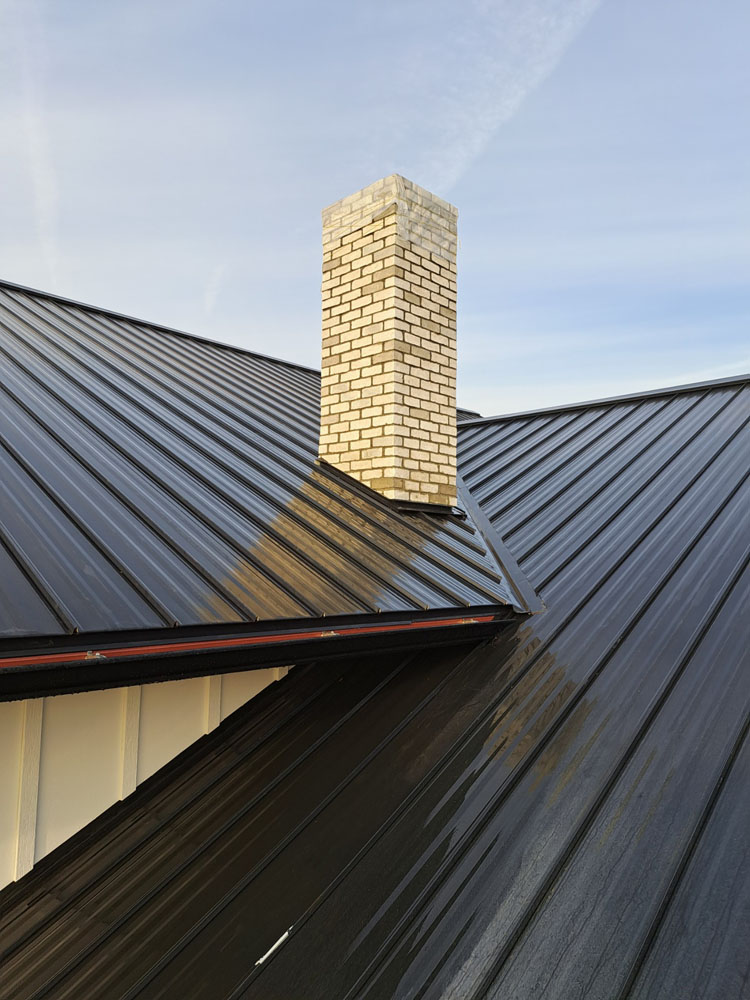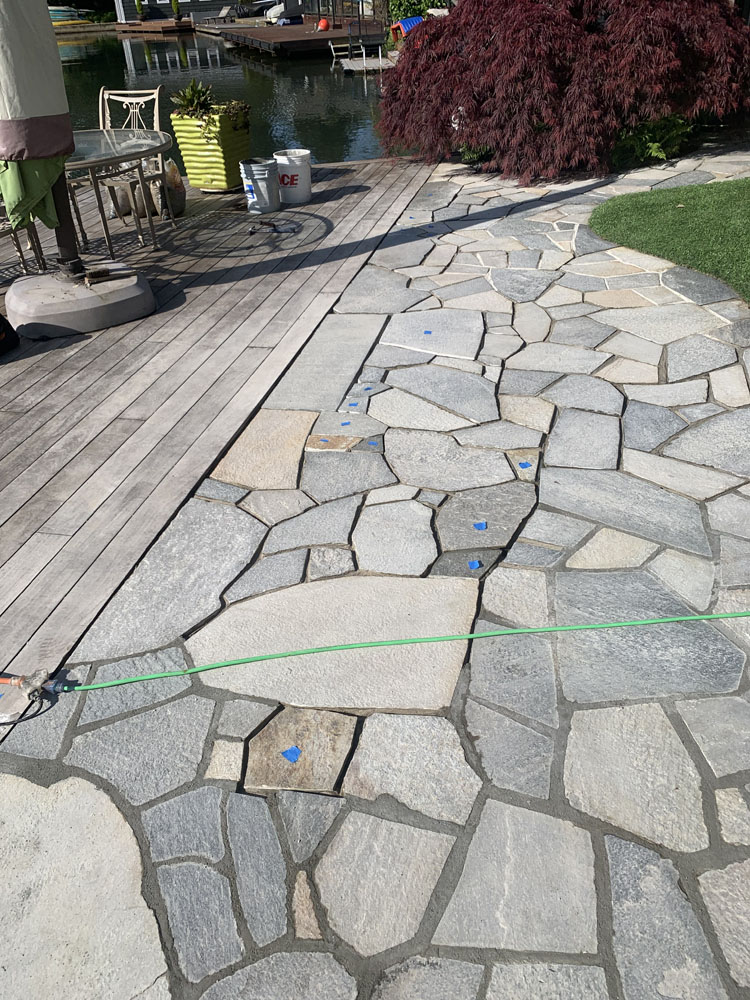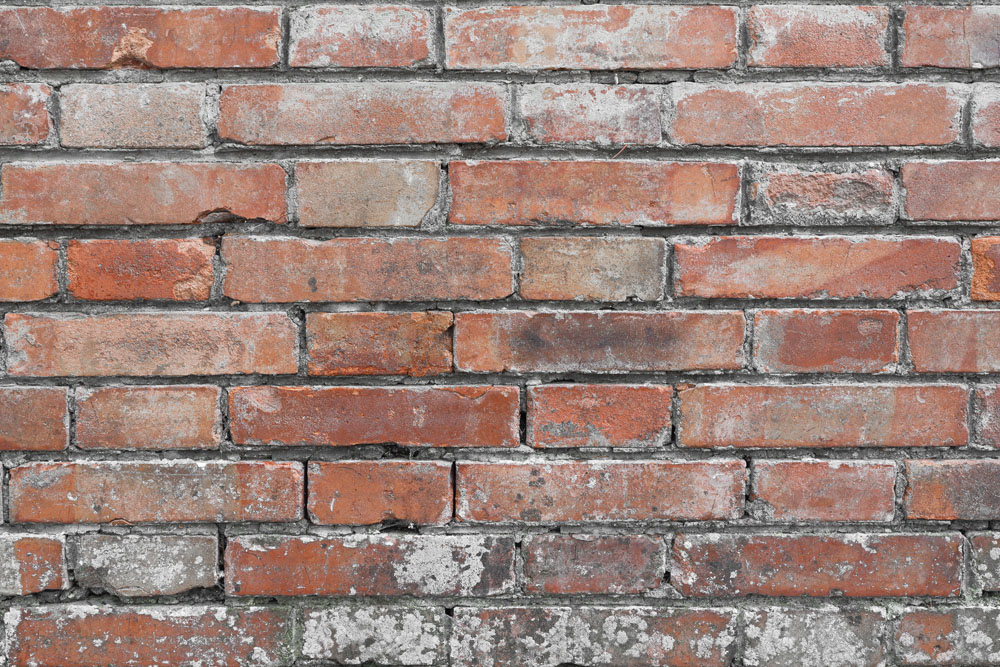Introduction
In today's ever-evolving construction landscape, the importance of community connections cannot be overstated. These connections not only foster collaboration among professionals but also create a sense of belonging and shared purpose within communities. Within this framework, the Masonic professional plays a pivotal role, bringing both skills and values that enhance community projects. This article delves into how masonry contractors and Masonic professionals can shape the future of construction while building strong community ties.
Community Connections in Construction: The Role of the Masonic Professional
The role of Masonic professionals in construction transcends traditional boundaries. They are more than just skilled laborers; they embody values such as integrity, charity, and brotherhood. These principles guide their work and influence how they interact with clients, colleagues, and community members.

Understanding Masonry as a Craft
Masonry is an ancient craft that involves the building and shaping of structures using stone, brick, or concrete. But what sets masonry apart isn't just the materials used; it's the dedication to craftsmanship that Masonic professionals bring to every project. By focusing on quality and community impact, masonry contractors can ensure that their work stands the test of time.
The Historical Significance of Freemasonry in Construction
Freemasonry has deep roots in construction history. Many iconic structures around the world have been built by Masons who took pride in their craft. Understanding this historical context can provide valuable insights into how modern masonry practices have evolved.
What is a Masonry Contractor?
A masonry contractor specializes in various aspects of masonry work, including laying bricks, stones, or blocks to construct walls, buildings, and other structures. They are essential players in ensuring that projects meet safety standards while adhering to aesthetic guidelines.
Key Responsibilities of a Masonry Contractor
- Assessing project needs Selecting appropriate materials Ensuring compliance with building codes Managing subcontractors Overseeing project timelines
Building Community Through Craftsmanship
Masonic professionals often participate in local projects that aim to uplift their communities. From constructing schools to housing developments for low-income families, their contributions go far beyond mere construction; they create spaces where memories are made.
Case Study: Local School Construction Project
In one noteworthy example, a group of Masonic contractors came together to build a local school for underserved children. This initiative not only provided necessary infrastructure but also fostered relationships between families and builders—a win-win for everyone involved.
The Importance of Ethical Standards in Masonry
Ethics play a crucial role when it comes to construction work. For Masonic professionals, adherence to ethical standards is non-negotiable.
Core Ethical Principles Include:
- Honesty in all dealings Transparency with clients Commitment to quality workmanship Respect for fellow workers
Networking as a Tool for Community Development
Effective networking can open doors for collaboration between different stakeholders—be it local government officials or other tradespeople. Masonic professionals often leverage these connections to advocate for community needs.
Creating Opportunities through Mentorship Programs
Masons frequently engage in mentorship programs aimed at training aspiring masons from diverse backgrounds. This commitment not only helps preserve traditional skills but also enhances workforce diversity within the construction industry.
Benefits of Mentorship Include:
Skill development Increased job opportunities Building resilience within communitiesThe Role of Technology in Modern Masonry Practices
With advancements like 3D printing and laser-cutting technology making waves across industries, masonry is no exception. Masons who embrace these technologies can improve efficiency and precision while still maintaining traditional craftsmanship values.
Technologies Shaping Modern Masonry:
- Computer-Aided Design (CAD) Drones for site surveys Sustainable materials
Sustainability Practices Among Masonry Contractors
Sustainable practices are becoming increasingly critical as communities seek environmentally friendly solutions. Many masonry contractors focus on using sustainable materials or energy-efficient designs to minimize environmental impact.
Examples of Sustainable Practices:
Use of recycled materials Implementing energy-efficient designs Minimizing waste during constructionStrengthening Bonds through Volunteer Work
Many Masonic organizations encourage volunteerism among their members as part of their commitment to community betterment.
Volunteer Initiatives Might Include:
- Habitat for Humanity builds Local park renovations Community clean-up days
Challenges Faced by Masons Today
Despite their many contributions, masonry contractors face challenges ranging from labor shortages to economic downturns affecting project funding.
Addressing Common Challenges:
Training new talent Navigating economic fluctuations Keeping up with regulatory changesThe Future Landscape of Masonry Work
As we look ahead, several trends will likely shape the future landscape for masonry contractors including increased automation and continued emphasis on sustainability.
FAQs about Community Connections in Construction: The Role of the Masonic Professional
What does a masonry contractor do?
A masonry contractor specializes in constructing buildings using bricks, stones, or concrete blocks while ensuring quality workmanship and compliance with safety regulations.
How does Freemasonry influence modern construction?
Freemasonry's ethical principles guide many professionals today, encouraging them to uphold high standards within the industry while fostering community connections.
Are there mentoring opportunities available within the masonry field?
Yes! Many organizations offer mentorship programs aimed at training aspiring masons from various backgrounds while emphasizing skill development and career growth.


What sustainable practices are common among masonry contractors?
Common sustainable practices include using recycled materials, implementing energy-efficient designs, and minimizing waste throughout construction processes.
How can networking benefit Masonic professionals?
Networking opens doors for collaboration with local governments and other Masonry Contractor In Oregon City stakeholders while providing opportunities for advocacy on community issues related to construction projects.
What challenges do masonry contractors typically face?
Challenges include labor shortages due to an aging workforce along with navigating economic downturns that may affect project funding or availability.
Conclusion
In summary, "Community Connections in Construction: The Role of the Masonic Professional" goes beyond merely building structures; it involves creating lasting relationships within communities through ethical practices and dedicated craftsmanship. By leveraging their unique skills along with Freemasonry's age-old values such as charity and brotherhood—not only do these professionals enrich lives through tangible projects but they also contribute positively toward societal well-being overall!
Embracing these principles means paving pathways towards stronger futures—one brick at a time!